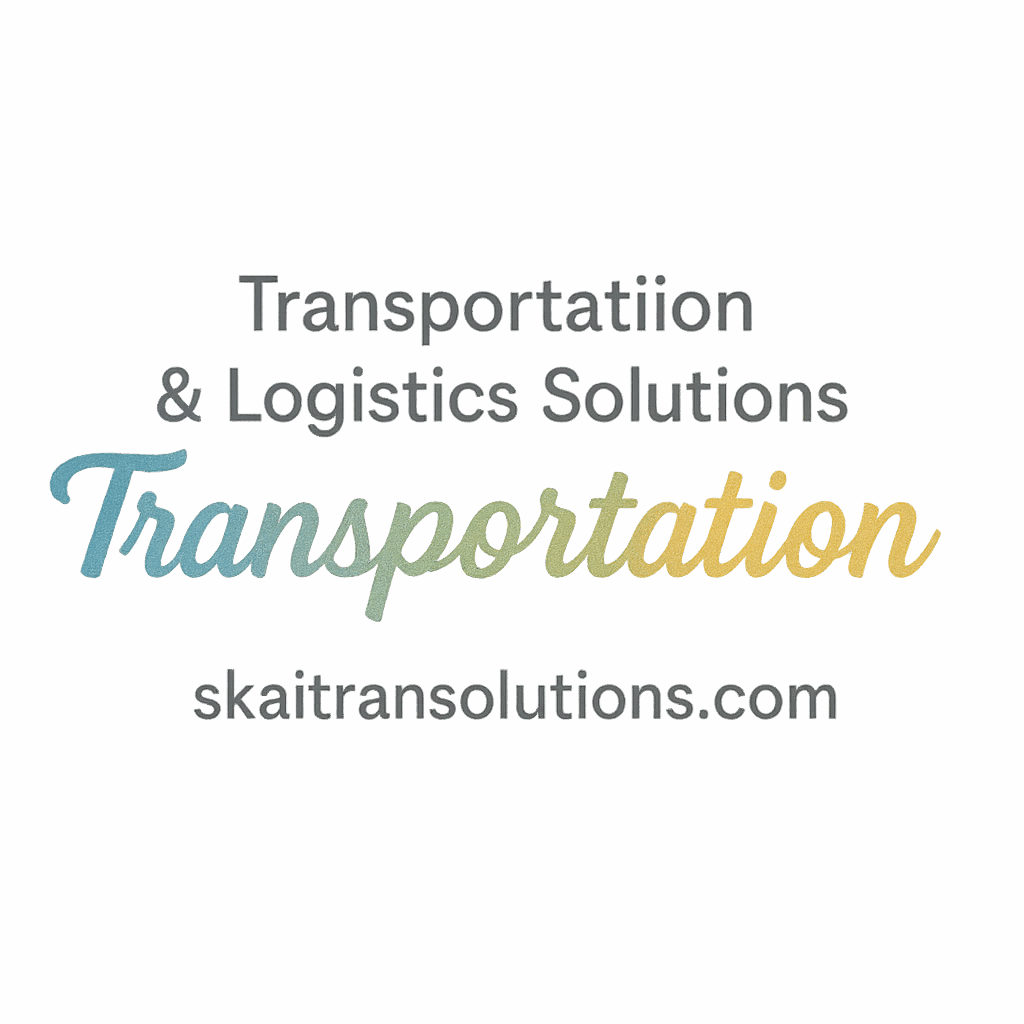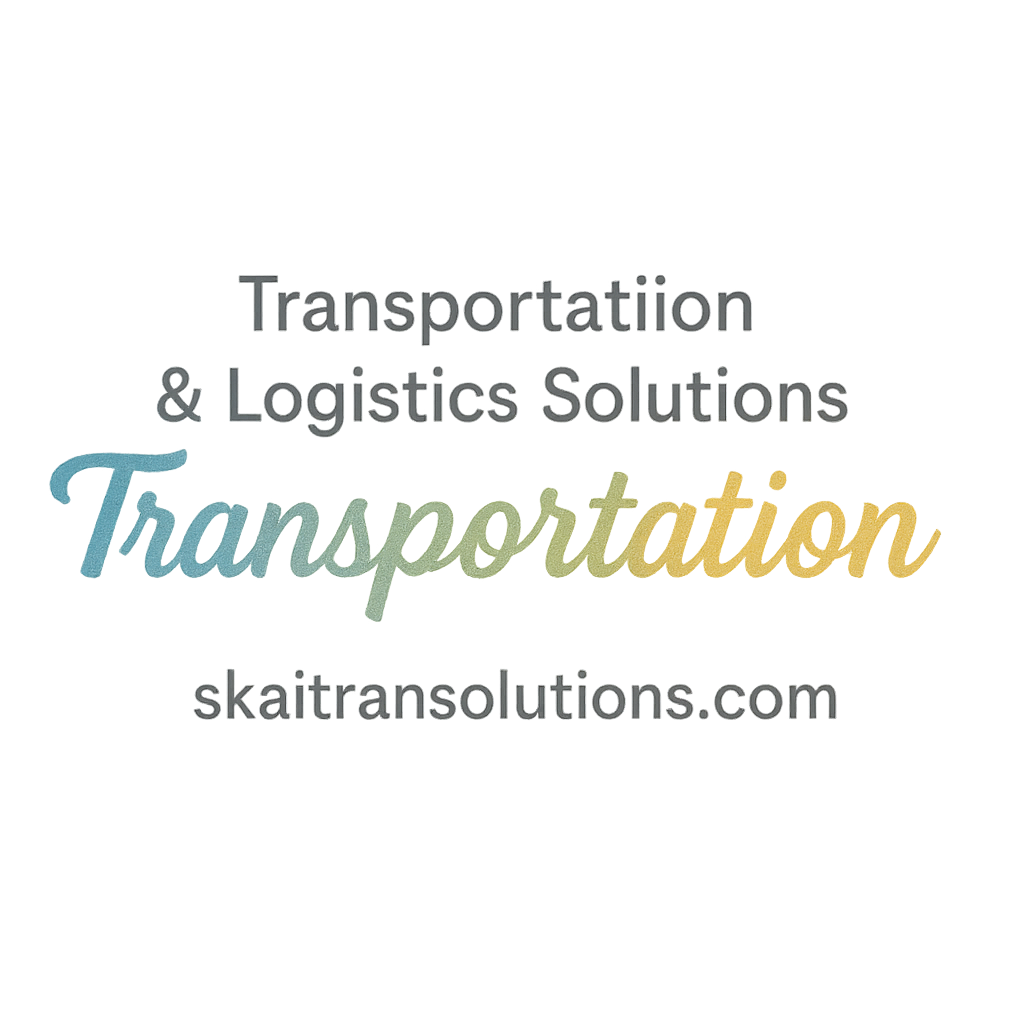Getting timely, meaningful input from your customers is no longer a luxury — it’s mission critical. Whether you’re managing a trucking fleet, ride-hailing service, logistics chain, or delivery company, knowing what your customers really think can make or break your reputation. So, what’s the best way to capture and use this feedback?
In this guide, we’ll explore 6 customer feedback tools for transportation companies that will transform how you listen to your riders, clients, and partners.
Why Customer Feedback Matters in Transportation
The Voice of the Passenger and Shipper
Customer satisfaction drives everything — retention, reviews, and referrals. In transportation, feedback helps improve everything from driver behavior to route optimization and delivery times.
Feedback as a Strategic Asset
When used right, feedback becomes more than data — it’s a compass guiding your operations, fleet improvements, and customer experience & safety strategies.
Key Features to Look for in Feedback Tools
Real-Time Monitoring
Transportation moves fast, and so should your customer responses. Real-time alerts help you fix problems before they escalate.
Multi-Channel Support
Look for platforms that support SMS, email, in-app feedback, and web pop-ups. Your customers are everywhere — your tool should be too.
Analytics and Reports
It’s not just about collecting comments. The best tools analyze feedback trends and link them to performance metrics and key KPIs.
Tool #1: SurveyMonkey
Why It’s Great for Transportation Companies
SurveyMonkey is a popular platform for creating customer satisfaction surveys. It’s intuitive, scalable, and can be customized for drivers, shippers, or passengers.
Integration Capabilities and Templates
You’ll find ready-made templates for logistics surveys, NPS, CSAT, and more. Plus, it integrates easily with CRM systems and Slack — ideal for logistics and supply chain solutions.
Tool #2: Medallia
Real-Time Insights with Predictive Analytics
Medallia excels in capturing the “why” behind customer responses. With AI-powered insights and mobile-first capabilities, it’s built for companies who value innovation in transportation.
Scalability for Large Fleets
Medallia is ideal for national or global transportation companies. It scales beautifully and helps you identify churn risks, improve compliance, and boost engagement across locations.
Tool #3: Qualtrics
Experience Management for Transit
Qualtrics offers detailed experience data from every customer interaction — think ticketing systems, ride-sharing apps, and shipping interfaces.
Powerful Dashboards and Alerts
Set automatic alerts if feedback dips below a certain score. These tools are vital for maintaining safety inspections and operational standards.

Tool #4: Zendesk
Perfect for Helpdesk & Feedback Integration
Zendesk is more than a support platform — it’s a feedback magnet. Transportation companies love it for its ticketing system and CSAT surveys.
Ticketing + CSAT Tracking for Transport Users
Zendesk connects help requests directly with customer satisfaction ratings. If someone complains about a late delivery or unsafe driver, you can track the entire issue in one platform. That’s essential for businesses focused on compliance and customer performance.
Tool #5: Google Forms
Lightweight, Free & Easy to Customize
Sometimes, simple is best. Google Forms is free and highly flexible, ideal for small- to mid-sized fleets. Use it to collect feedback post-delivery or after customer support interactions.
Real-Time Collaboration & Sharing
Easily shared through links, QR codes, or embedded on your site, it allows teams to collaborate and track customer opinions for everything from vehicle cleanliness to delivery delays.
Tool #6: HubSpot Service Hub
All-in-One CRM with Feedback Tools
HubSpot’s Service Hub integrates feedback surveys directly into your customer profiles. You get 360-degree visibility of each interaction and pain point.
Automation Features and Ticket Pipelines
With automation workflows, HubSpot can instantly respond to negative feedback or route complaints to the right department — making it easier to focus on operational best practices and reduce churn.
How to Choose the Right Tool for Your Fleet
Identify Feedback Goals
Start by asking yourself — do you want to improve driver behavior, reduce complaints, or measure satisfaction? Your goals will dictate the tool that’s right for you.
Consider Tool Scalability & Budget
A 50-vehicle fleet doesn’t need the same system as a national logistics chain. Find the balance between robust features and ease of use that fits your team.
Using Feedback for Operational Excellence
Closing the Loop With Customers
Don’t just collect feedback — act on it. Let customers know when their feedback has led to change. That’s how you build loyalty in a competitive transportation industry.
Linking Feedback to KPIs and Metrics
Use customer insights to optimize vehicle usage, lower delivery delays, and boost service reliability — all while aligning with internal transportation strategies and performance metrics.
Conclusion
In today’s digital-first world, customer feedback is your biggest asset. Whether you’re tracking delivery issues, monitoring driver behavior, or improving overall satisfaction, these 6 customer feedback tools for transportation companies can be game-changers.
From the simplicity of Google Forms to the enterprise power of Medallia, there’s a solution for every fleet size and budget. The secret? Pick the tool that aligns with your customer experience goals, your tech stack, and your growth roadmap.
Ready to make customer satisfaction your competitive edge? Start listening — and transforming — today.
Explore more transportation innovations and smart logistics tools with Skai Tran Solutions.
FAQs
1. What is the best customer feedback tool for small transportation companies?
Google Forms and SurveyMonkey are budget-friendly and easy to use, making them perfect for small fleets.
2. Can customer feedback tools integrate with transportation software?
Yes, tools like HubSpot, Zendesk, and Qualtrics offer integrations with CRMs and TMS (transportation management systems).
3. How often should I collect customer feedback in logistics?
Collect feedback after key interactions like deliveries, service requests, or trip completions to stay relevant and actionable.
4. Are these tools suitable for both B2B and B2C transport companies?
Absolutely. Tools like Medallia and Qualtrics offer configurations for both business and individual customer journeys.
5. Do these feedback tools help with safety and compliance?
Yes, many platforms allow you to monitor service-level issues tied to safety and insurance concerns.
6. What metrics can I track using these platforms?
NPS (Net Promoter Score), CSAT (Customer Satisfaction), CES (Customer Effort Score), and custom feedback linked to your KPIs.
7. Can feedback tools help reduce costs?
Definitely! By


